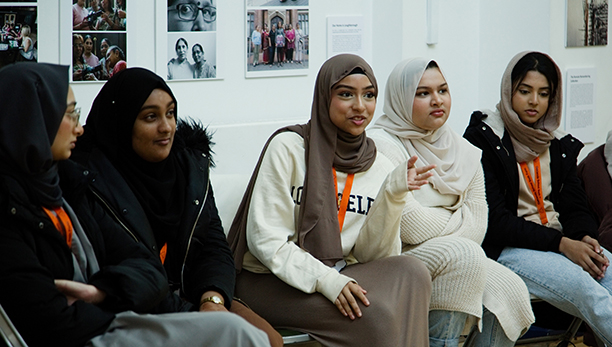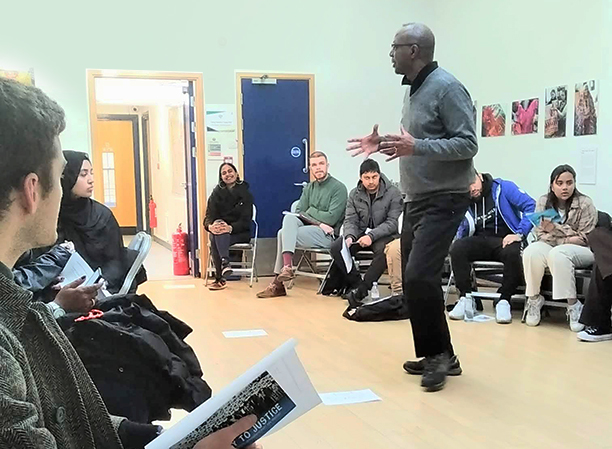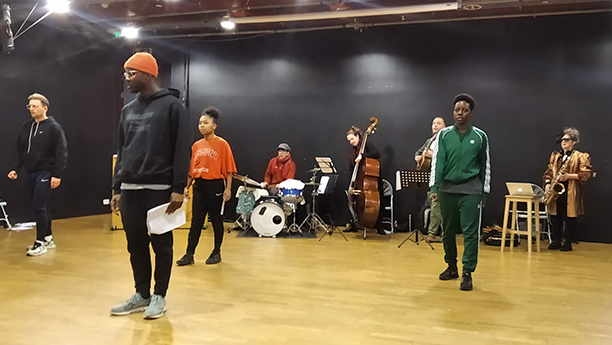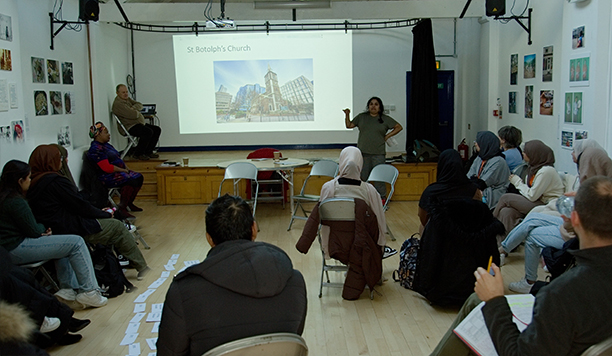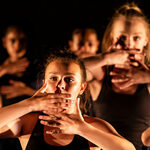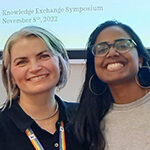Set Our Feet In Glory
The comments from East London sixth formers that follow came after two days of ‘untold’ stories of intersectional activism for justice. We organised the sessions in East London in collaboration with the creative team of the musical Set Our Feet in Glory.
“This has been an eye-opening experience and I’m so grateful to have taken part of it.”
“This session gave light to those unheard and not typically discussed in classrooms.”
“I learned a lot about people who I would’ve never known … about the importance of identity and community. It is important to understand the struggle of people from the past and the history of building a community.”
“I liked feeling that I had a place where I could share my opinion and not be judged.”
The link goes back to Bayard Rustin, the important gay pacifist organiser of the 1963 March on Washington whose story Journey to Justice tells in our travelling exhibition with the cooperation of Bayard’s partner Walter Naegle. A creative team in the UK, working with a writer in New York, were developing a musical based on Bayard’s life and Walter put them in touch with JtoJ. They asked us to run workshops with young people linked to the stories in the play.
The musical focuses on three pioneers of US intersectional activism whose stories should be better known:
Bayard Rustin – a key figure in the civil rights struggle and the leading architect of the 1963 March on Washington for Jobs and Freedom. An openly gay Black anti-war activist, Quaker pacifist and former Communist, he fought racism, homophobia and capitalism with direct nonviolent action. See also https://jtojhumanrights.org.uk/bayard-rustin/ and https://www.youtube.com/watch?v=BxhKgnyWcuw
Pearl Primus – one of the foremost twentieth century choreographers who brought traditional African dance into the mainstream, breaking racial and cultural barriers. See https://www.youtube.com/watch?v=PGgQrjLORZ0
Pauli Murray – queer lawyer and poet, co-founder of the National Organisation for Women and the first African-American woman to be ordained as an Episcopal priest, her scholarship would lay the groundwork for the desegregation of public schools in America. She was repeatedly denied gender reassignment. See https://www.youtube.com/watch?v=Uh4r95VBU2Q&t=6s
The show, created by Laurence Corns, Temujin Gill and Willie Johnson, centres on Café Society, the first racially integrated nightclub in the USA, where Rustin sang and Primus danced in the 1940s. In November 2022 a team of professional actors, dancers and musicians came together to rehearse the show for a week: our linked workshops brought thirty sixth formers from East and West London together to explore connections between these lives and the UK today.
At the Kobi Nazrul Centre off Brick Lane, after a fascinating talk by Prof George Lewis (University of Leicester), Mark Hutchinson led an activity asking whether the movement was right or wrong to keep Rustin out of the limelight. Dan Glass (ACT-UP activist and author of United Queerdom and Queer Footprints) took us on a rich journey through the queer histories in London streets. Our team then led discussion groups prompted by quotes from Audre Lord, James Baldwin and bell hooks as well as Bayard, Pearl and Pauli. Feedback from students included appreciation that in telling stories of Black queer histories we were enabling these lives to be fully seen.
On the second day Julie Begum (Swadhinata Trust) challenged students to create a timeline of British Bengali history from 1600 to now and she described the murder of Altab Ali and antiracist movements in Tower Hamlets. Using our tactics cards students considered issues in their own school which they felt needed change and considered how they might go about this. Kinsi Abdulleh (Numbi Arts) then opened students to the history of East London’s Somali community, a revelation for many of the young people.
“I learned more about the history and heritage of my own [Bengali] culture.”
“I’m really glad we got to learn about British Somali history as I’d – let alone not heard about it – but never thought to educate myself on it and the session really inspired.”
On both days, after a delicious Bangla lunch provided by Tati, we walked to Oxford House in Bethnal Green for a public rehearsal of the show, culminating in a visceral recreation of Pearl Primus’s dance to Billie Holiday’s song about lynching in the deep South, ‘Strange Fruit’, which had a devastating effect on the audience.
“I loved the play I felt really touched by it.”
“The dancing perfectly captured the struggle of Queer Black Americans during this time.”
Our thanks to Laurence, Temuji, Willie and all the team of Set Our Feet In Glory; to George Lewis and Dan Glass; to Julie Begum (www.swadhinata.org.uk) and Kinsi Abdulleh (www.numbi.org); to Maher Anjum and Tati for the food (www.oitijjo.org/oitij-jo-kitchen) ; to Harry German and students at Oaklands School; to Nebiat Michael and students at St Claudine’s Catholic School for Girls; to the Kobi Nazrul Centre; and to all the JtoJ team who were Carrie, Mark, Pat, Tamla, Tania and Martin.
“The communication with everyone involved – those in charge – was great, everyone was lovely, genuinely made me feel welcomed.”
(Set Our Feet in Glory is funded by Arts Council England. Photos by Claire Lawrie and Carrie Supple)
